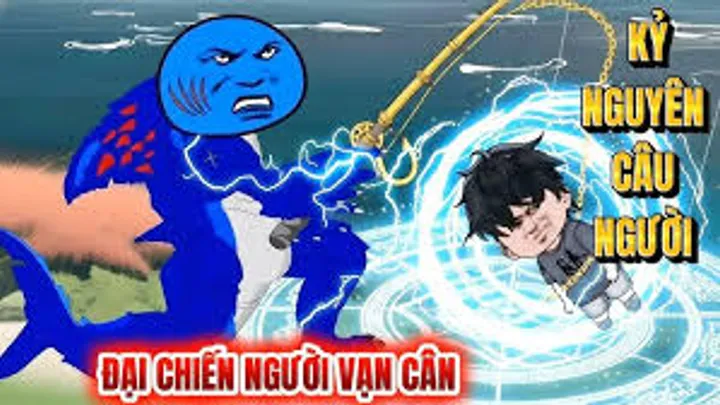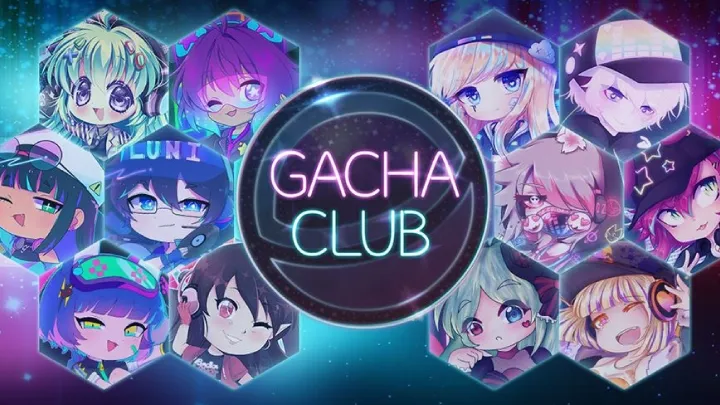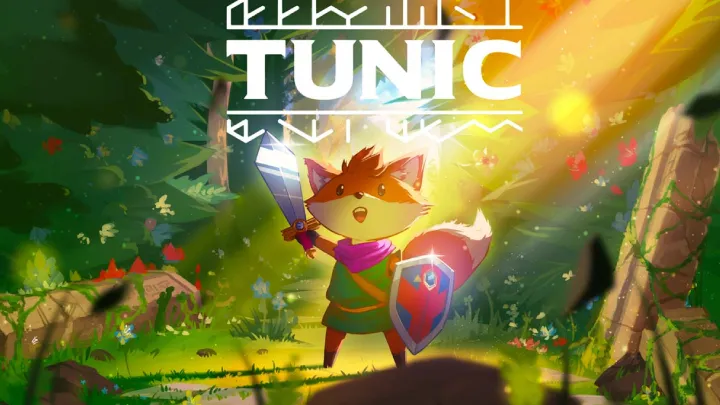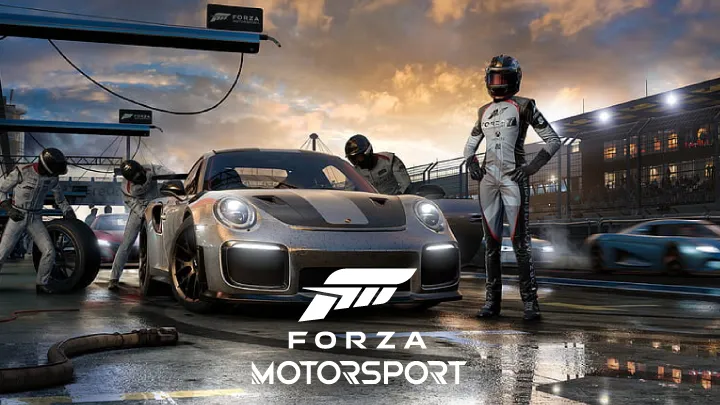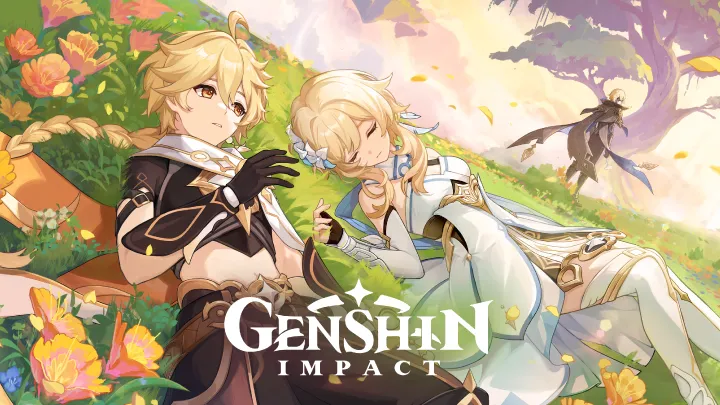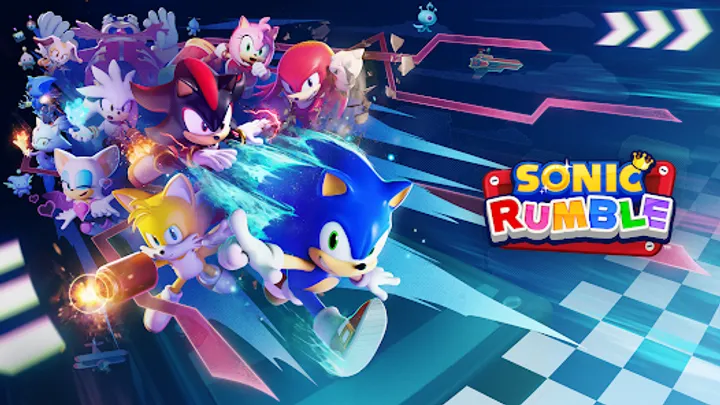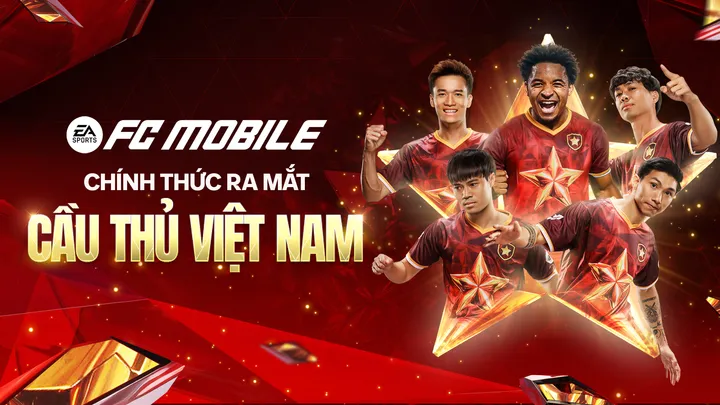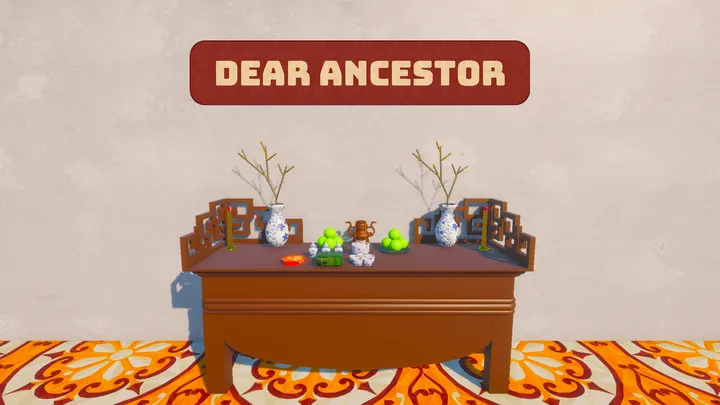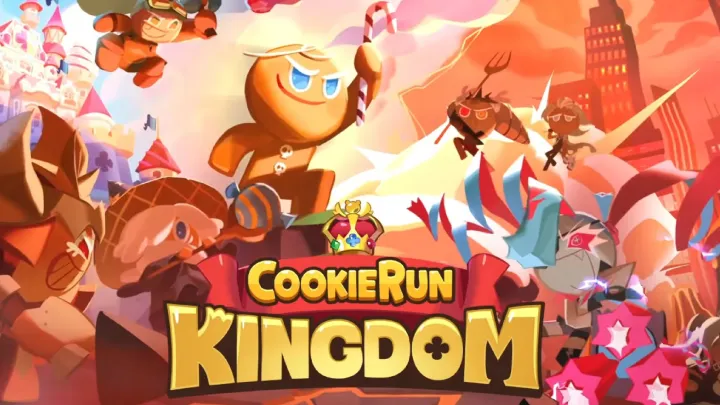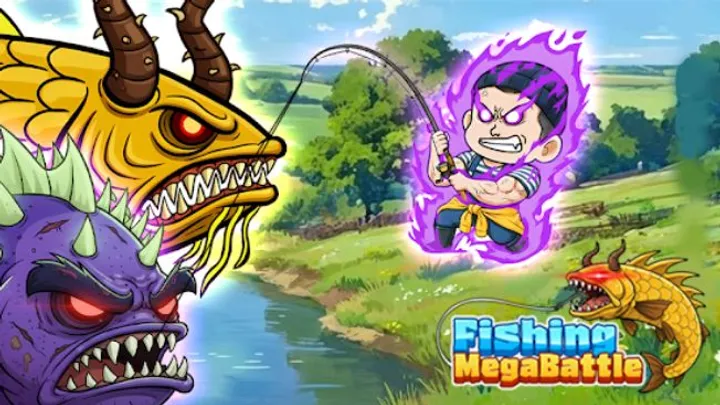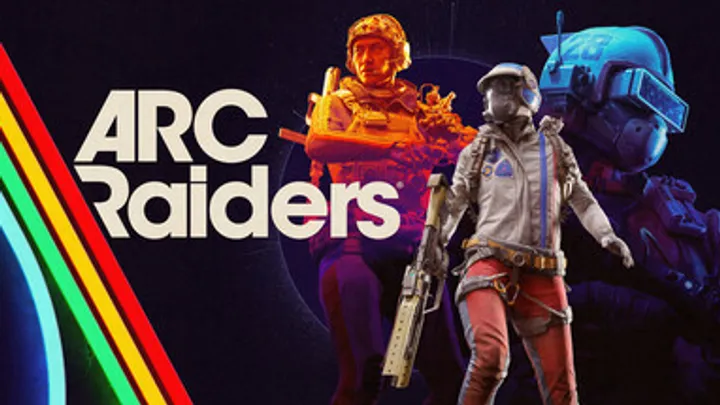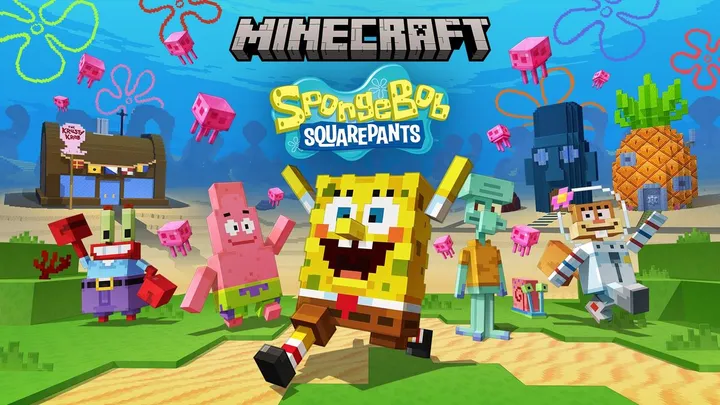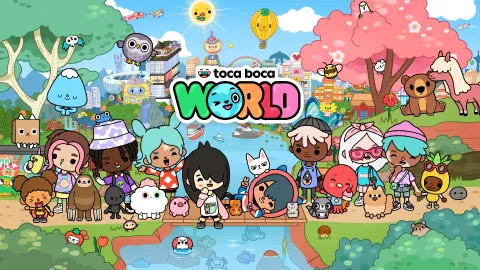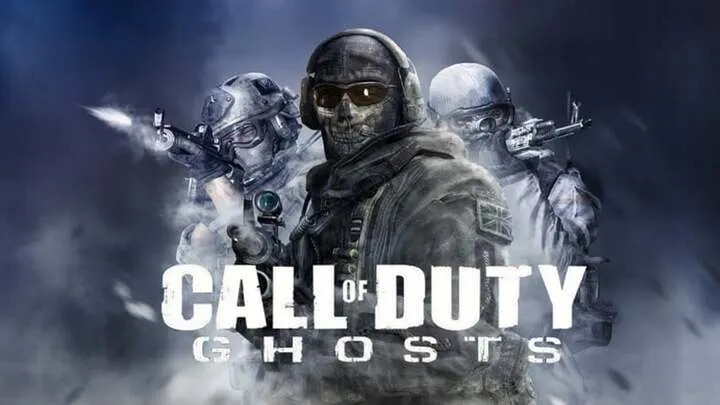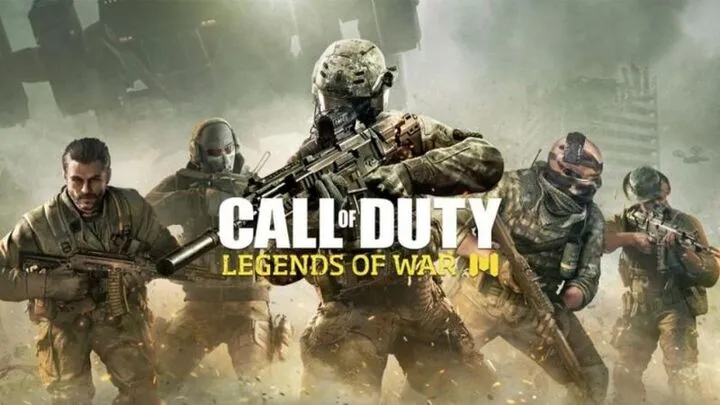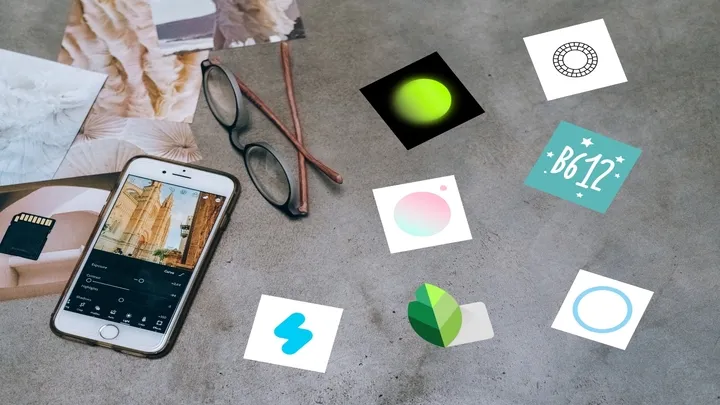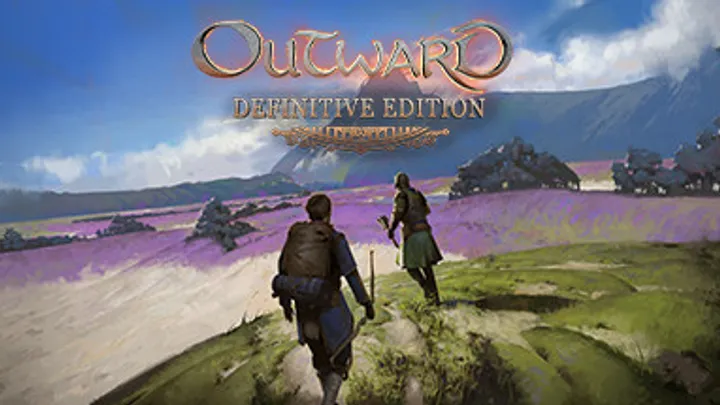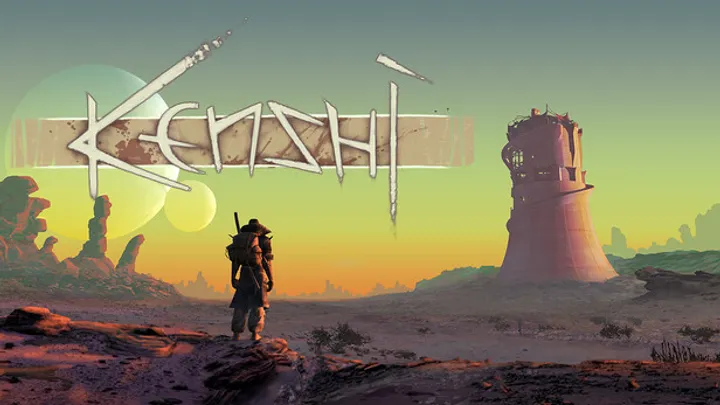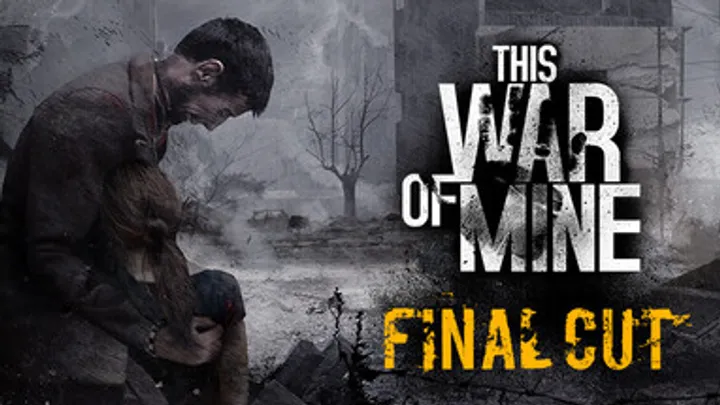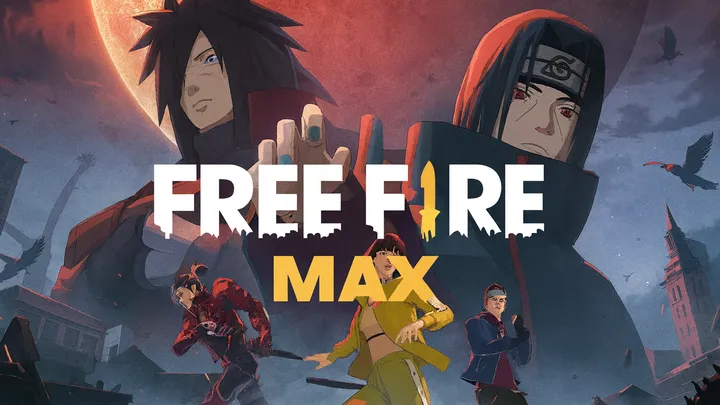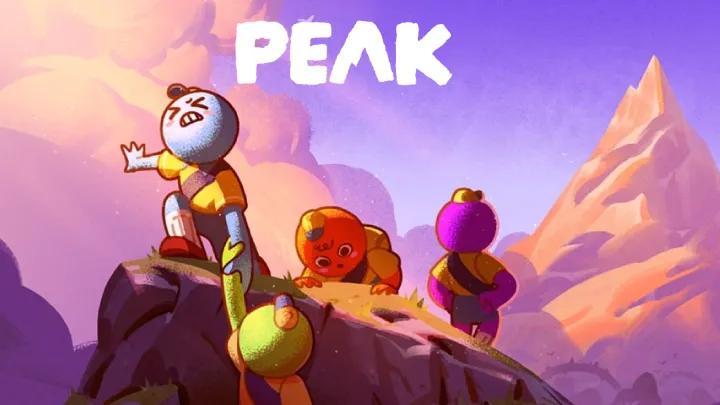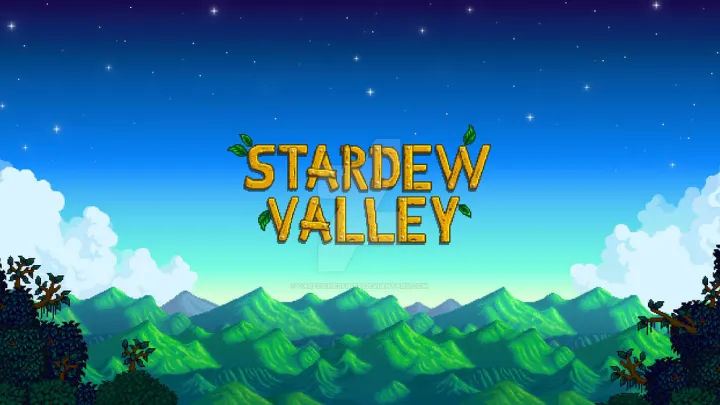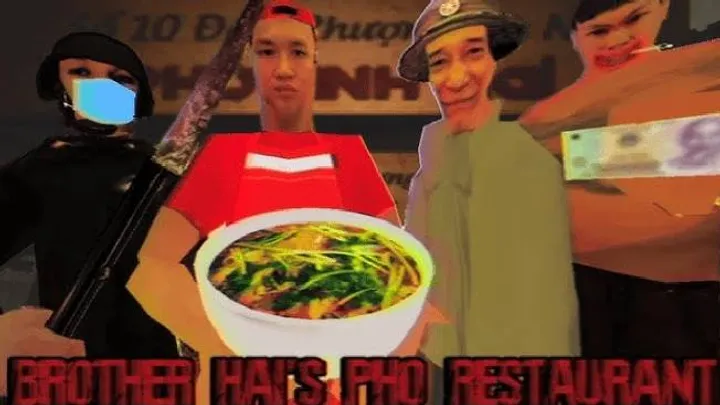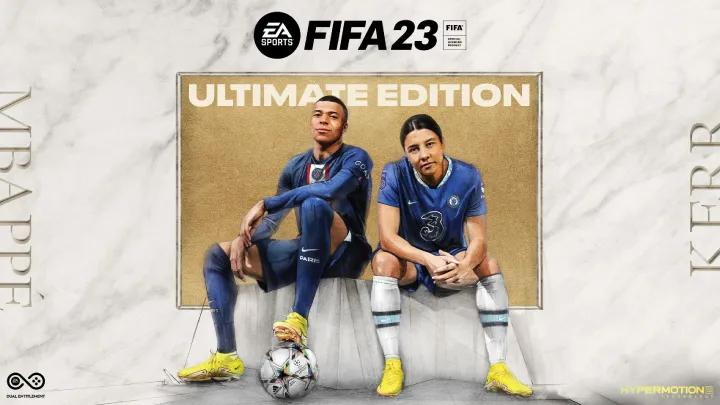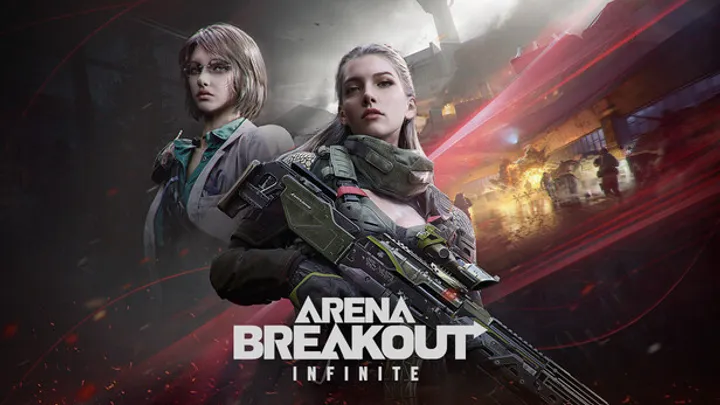Gacha Club: A Creative Playground for Anime Fans and Storytellers
Introduction
In the ever-expanding world of mobile gaming, few titles have managed to capture the hearts of young creators and anime enthusiasts quite like Gacha Club. Developed by Lunime and released in 2020, Gacha Club is a free-to-play game that blends character customization, storytelling, and casual RPG mechanics into one vibrant package. It’s more than just a game—it’s a creative platform where users can design their own anime-style characters, build scenes, and even engage in strategic battles.
With no ads, no microtransactions, and a massive suite of tools, Gacha Club has become a favorite among younger audiences, educators, and content creators alike. Whether you're crafting a fantasy epic, designing your dream character, or just playing for fun, Gacha Club offers a unique and inclusive experience that encourages imagination and self-expression.
The Origins of Gacha Club
Gacha Club is the spiritual successor to Gacha Life, another popular title from Lunime. While Gacha Life focused primarily on character creation and storytelling, Gacha Club expands on that foundation by introducing a battle system, more customization options, and a deeper progression model.
The term “gacha” comes from Japanese capsule toy machines, where players receive random items. In gaming, it refers to mechanics where characters or items are obtained through randomized draws. Gacha Club uses this system for collecting units and pets, but unlike many gacha games, it does not rely on real-money purchases—everything is earned through gameplay.
Character Customization: A World of Possibilities
One of Gacha Club’s standout features is its character customization system, which allows players to create up to 100 unique characters. The level of detail is staggering, with thousands of options for hairstyles, clothing, accessories, facial features, and more.
Express Yourself
Players can adjust colors, poses, and even the position of individual body parts. Want to create a futuristic cyborg, a magical girl, or a gothic vampire? Gacha Club gives you the tools to bring your vision to life.
User-Friendly Interface
Despite its depth, the customization interface is intuitive and accessible. Younger players can easily navigate the menus, while more experienced users can dive into advanced options to fine-tune their designs.
Preset Characters
For those who prefer a quick start, Gacha Club includes a variety of preset characters that can be customized further. This makes it easy to jump into the creative process without starting from scratch.
Studio Mode: Build Your Own Stories
Once characters are created, players can use Studio Mode to place them in scenes and tell stories. This mode is a favorite among content creators, who use it to produce skits, animations, and even full-length series.
Scene Composition
Studio Mode supports up to 10 characters per scene, with customizable backgrounds, props, and text boxes. Players can adjust poses, expressions, and camera angles to create dynamic visuals.
Dialogue and Interaction
Text boxes allow for conversations, narration, and internal thoughts. This makes Studio Mode ideal for creating comics, visual novels, or animated shorts.
Creative Learning
Studio Mode encourages storytelling, writing, and visual composition. Many educators and parents have praised Gacha Club for promoting literacy and creative thinking in a fun and engaging way.
Battle Mode: Strategy Meets Collecting
Gacha Club introduces a Battle Mode that adds a layer of strategy and progression to the game. Players can collect units and pets, build teams, and fight in various modes.
Unit Collection
There are over 180 units to collect, each with unique stats, skills, and elemental affinities. Units are divided into categories like DJ, Shadow, and Corrupted, offering variety and tactical depth.
Pets and Boosts
Players can equip pets that provide stat boosts or special abilities during battles. With over 150 pets available, team composition becomes a strategic challenge.
Game Modes
Battle Mode includes several options:
- Story Mode: Follow a narrative and fight through chapters.
- Training Mode: Practice and level up units.
- Tower Mode: Climb levels with increasing difficulty.
- Shadows of Corruption: A challenging mode with rare rewards.
While the battle system is relatively simple compared to full-fledged RPGs, it offers enough variety to keep players engaged and motivated.
Mini-Games: Casual Fun and Rewards
Gacha Club includes several mini-games that provide entertainment and help players earn gems, which are used to unlock units and pets.
Examples of Mini-Games
- Usagi vs Neko: A rhythm-based game with catchy music.
- Mascot Whack: A reflex game where players tap mascots quickly.
- Memory Match: A classic card-matching game.
These mini-games add variety to the experience and offer casual fun between creative sessions.
Currency and Progression System
Gacha Club uses a free-to-play model with in-game currencies like gems and gold. Unlike many mobile games, Gacha Club does not include microtransactions or ads, making it completely free and safe for kids.
Earning Gems
Players earn gems through battles, mini-games, and daily logins. Gems are used to summon units and pets in the gacha system.
Leveling Up
Units and pets can be leveled up to improve their stats. Players can also equip items and assign skills to enhance performance in battles.
Fair Play
One of the most praised aspects of Gacha Club is its lack of pay-to-win mechanics. All content is accessible through gameplay, making it fair and inclusive.
Community and Content Creation
Gacha Club has inspired a massive online community, with millions of users sharing their creations on platforms like YouTube, TikTok, Instagram, and Discord.
Gacha YouTubers
Many content creators have built entire channels around Gacha Club, producing animated stories, music videos, and tutorials. These videos often receive millions of views and foster fan engagement.
Fan Art and Memes
The game’s aesthetic lends itself to fan art and memes. Artists use Gacha Club characters as templates for digital illustrations, comics, and animations.
Collaborative Projects
Users often collaborate on series, challenges, and contests. This sense of community encourages creativity and social interaction, especially among younger players.
Safety and Parental Controls
Gacha Club is designed with child safety in mind. The game does not include chat features, online matchmaking, or in-app purchases, making it a safe environment for kids.
Offline Play
The game can be played entirely offline, which adds an extra layer of security and convenience.
No Ads
Unlike many free mobile games, Gacha Club does not bombard users with ads, allowing for uninterrupted play.
Educational Benefits
Parents and educators have noted that Gacha Club promotes storytelling, design thinking, and strategic planning—all valuable skills for young learners.
Impact and Legacy
Gacha Club has had a significant impact on mobile gaming and youth culture. It empowers players to express themselves creatively, build narratives, and engage with a global community. Its success has led to a surge in similar games and inspired countless fan projects.
Lunime’s decision to keep the game free and ad-free has earned praise from parents and educators, positioning Gacha Club as a model for ethical game design. Its blend of customization, storytelling, and strategy makes it more than just a game—it’s a creative platform.
Conclusion
Gacha Club is a rare gem in the mobile gaming world—a game that combines artistic freedom, strategic gameplay, and community engagement without the pitfalls of monetization or unsafe online features. Whether you're designing characters, crafting stories, or battling through challenges, Gacha Club offers a rich and rewarding experience that appeals to players of all ages.
Its impact goes beyond entertainment. Gacha Club fosters creativity, literacy, and collaboration, making it a valuable tool for both fun and learning. As the community continues to grow and evolve, Gacha Club stands as a testament to the power of imagination and the joy of shared creation.
















